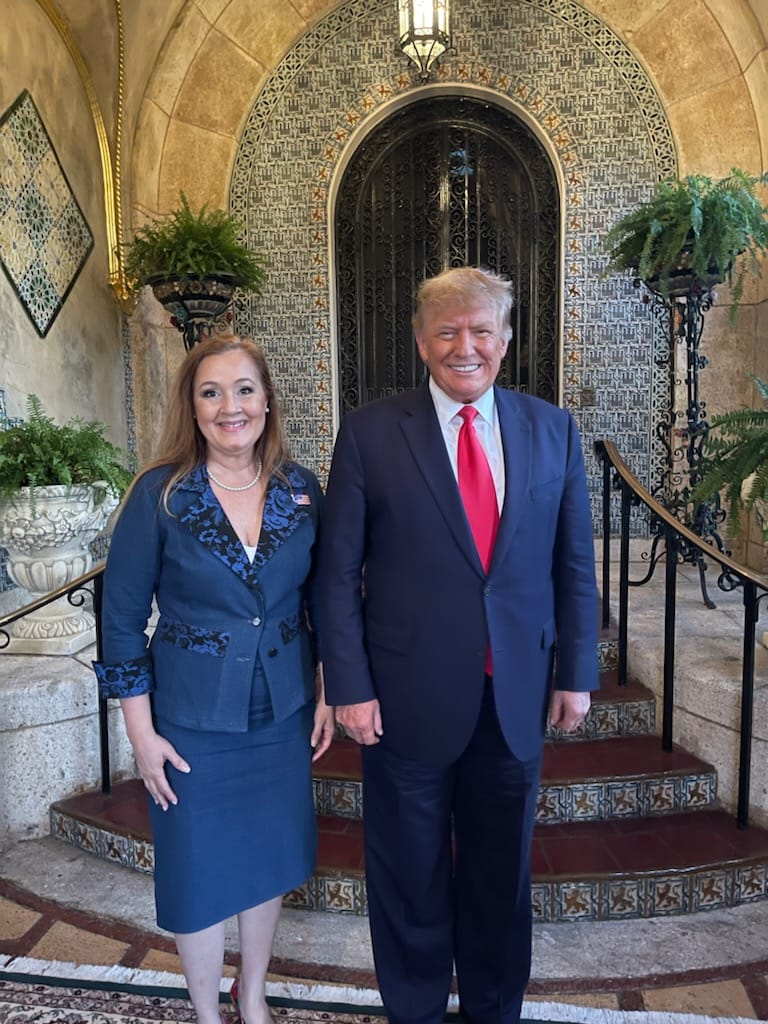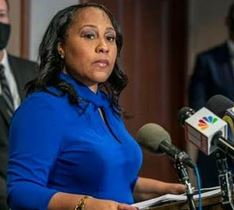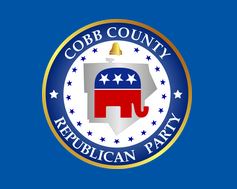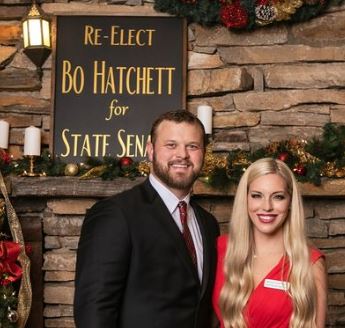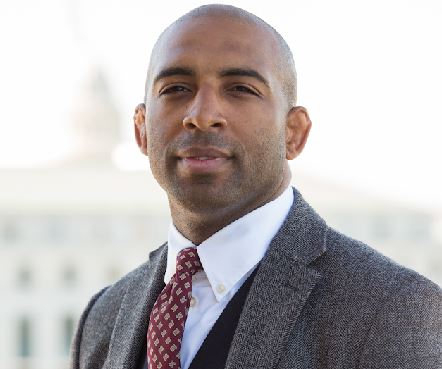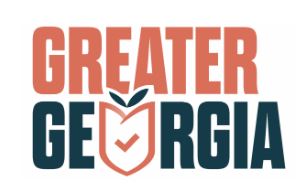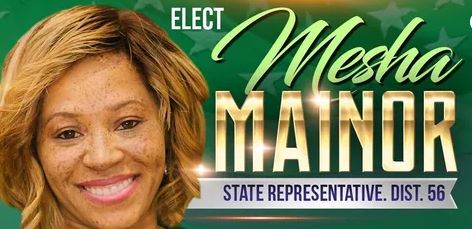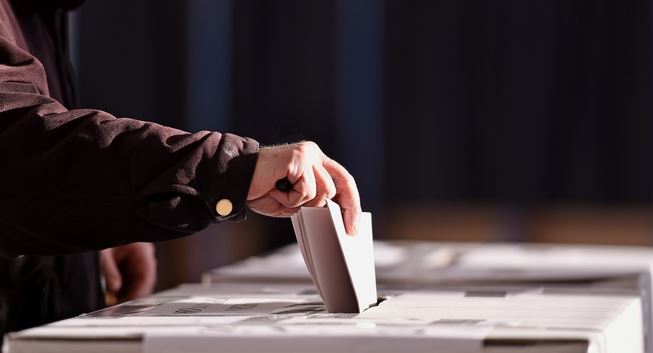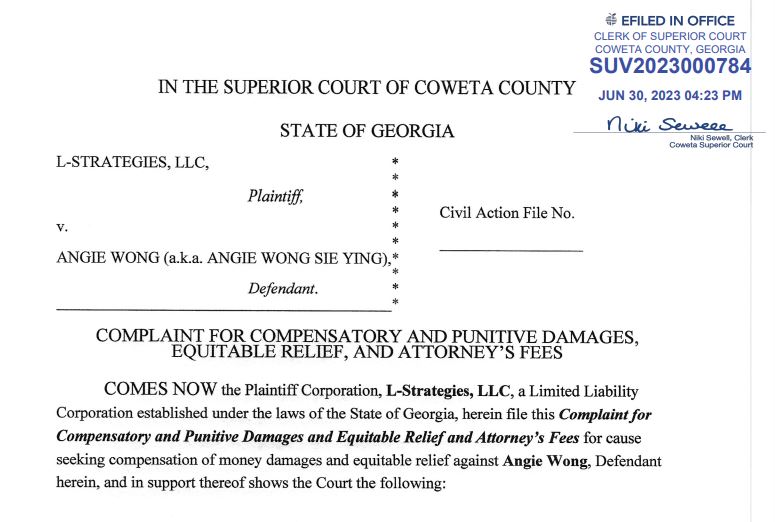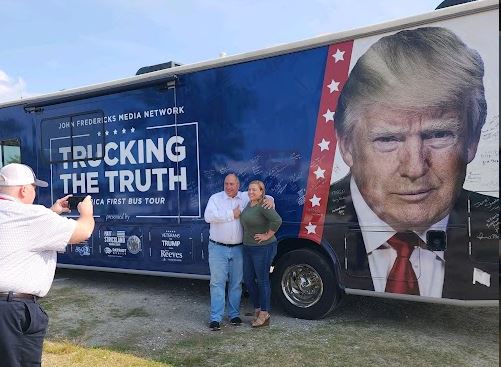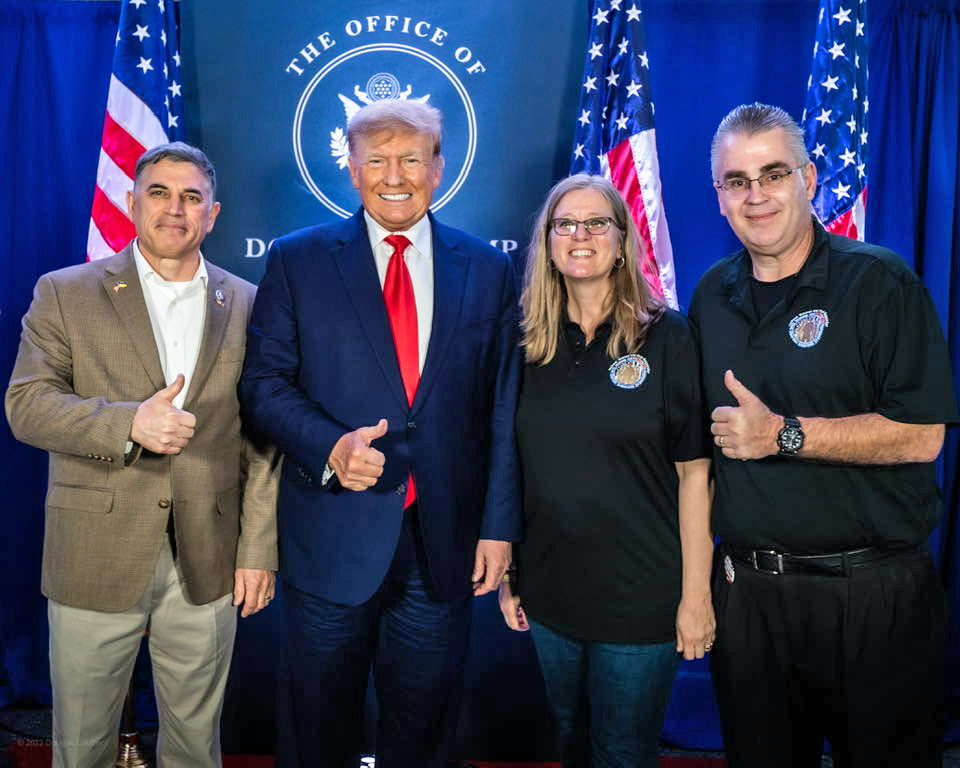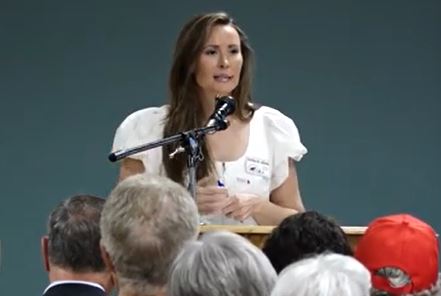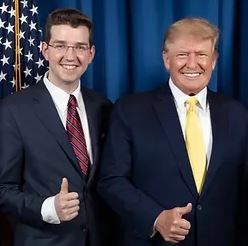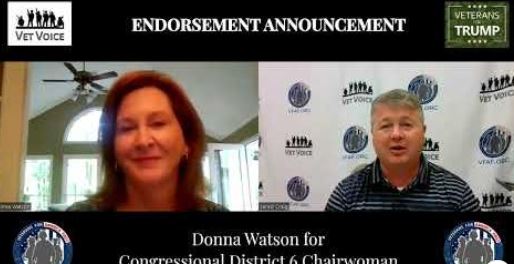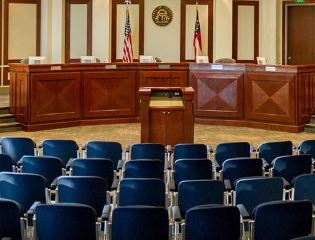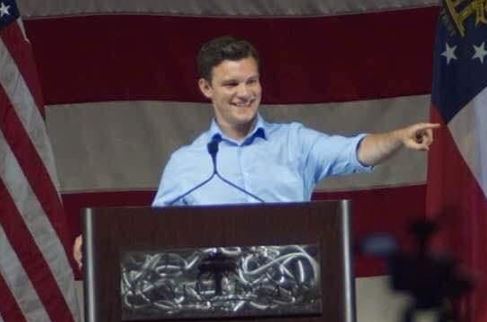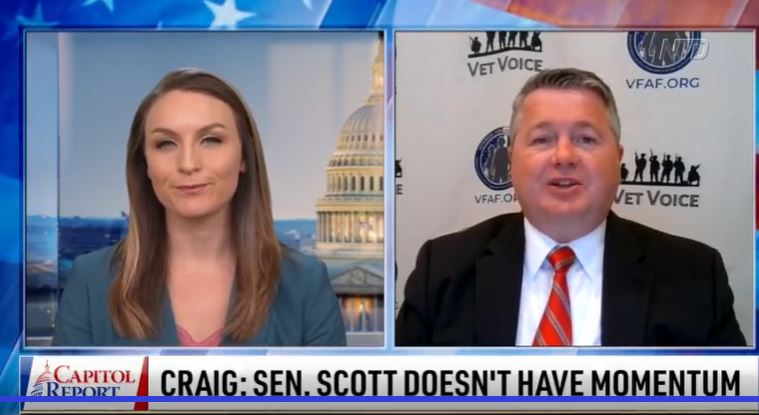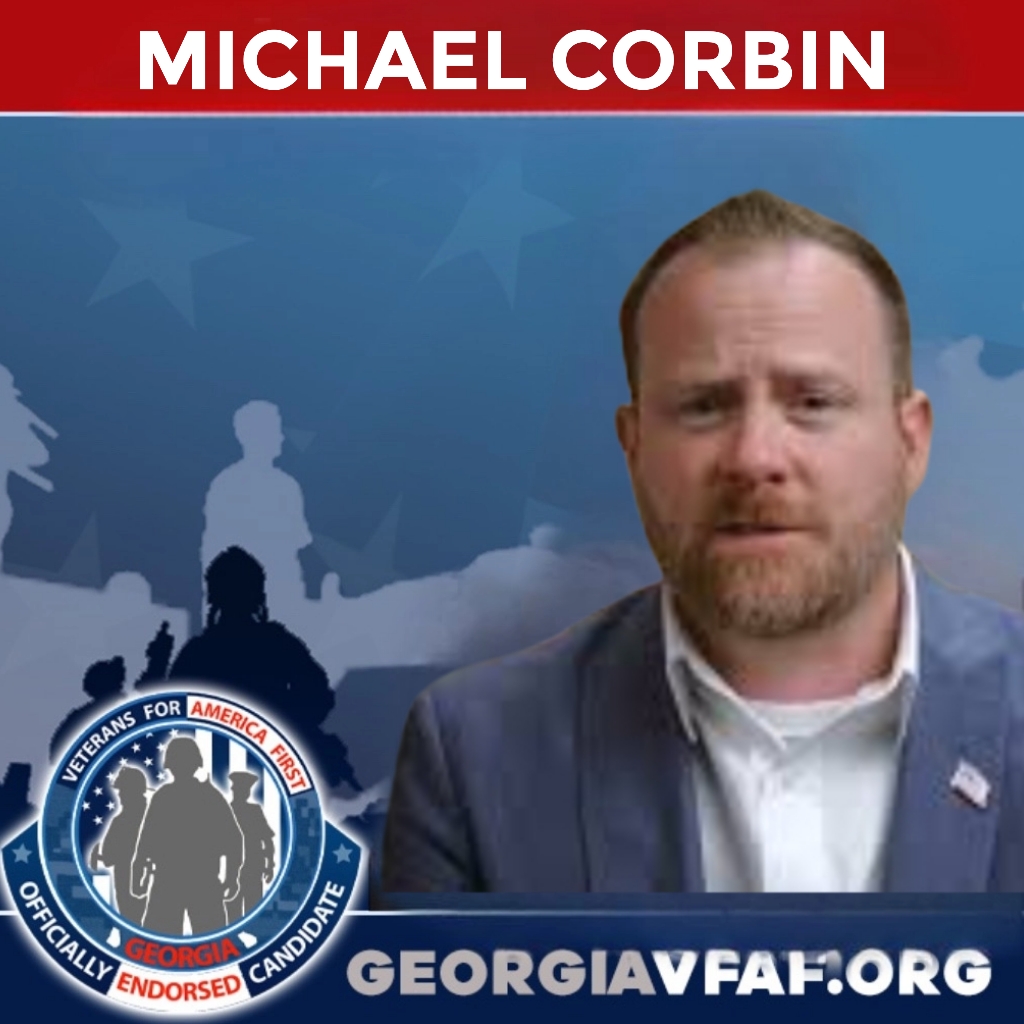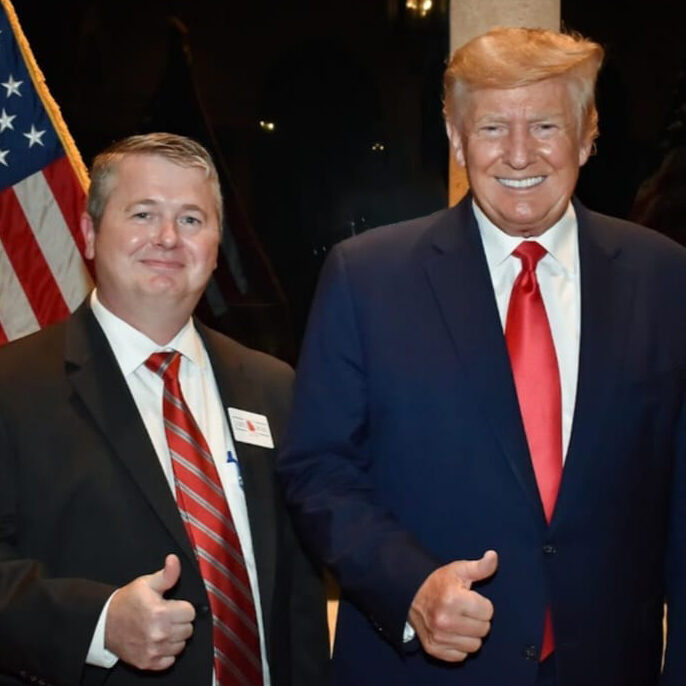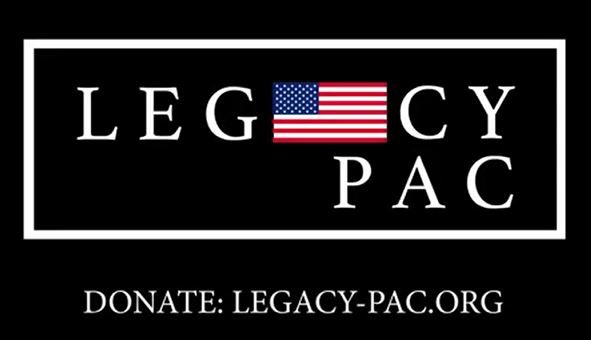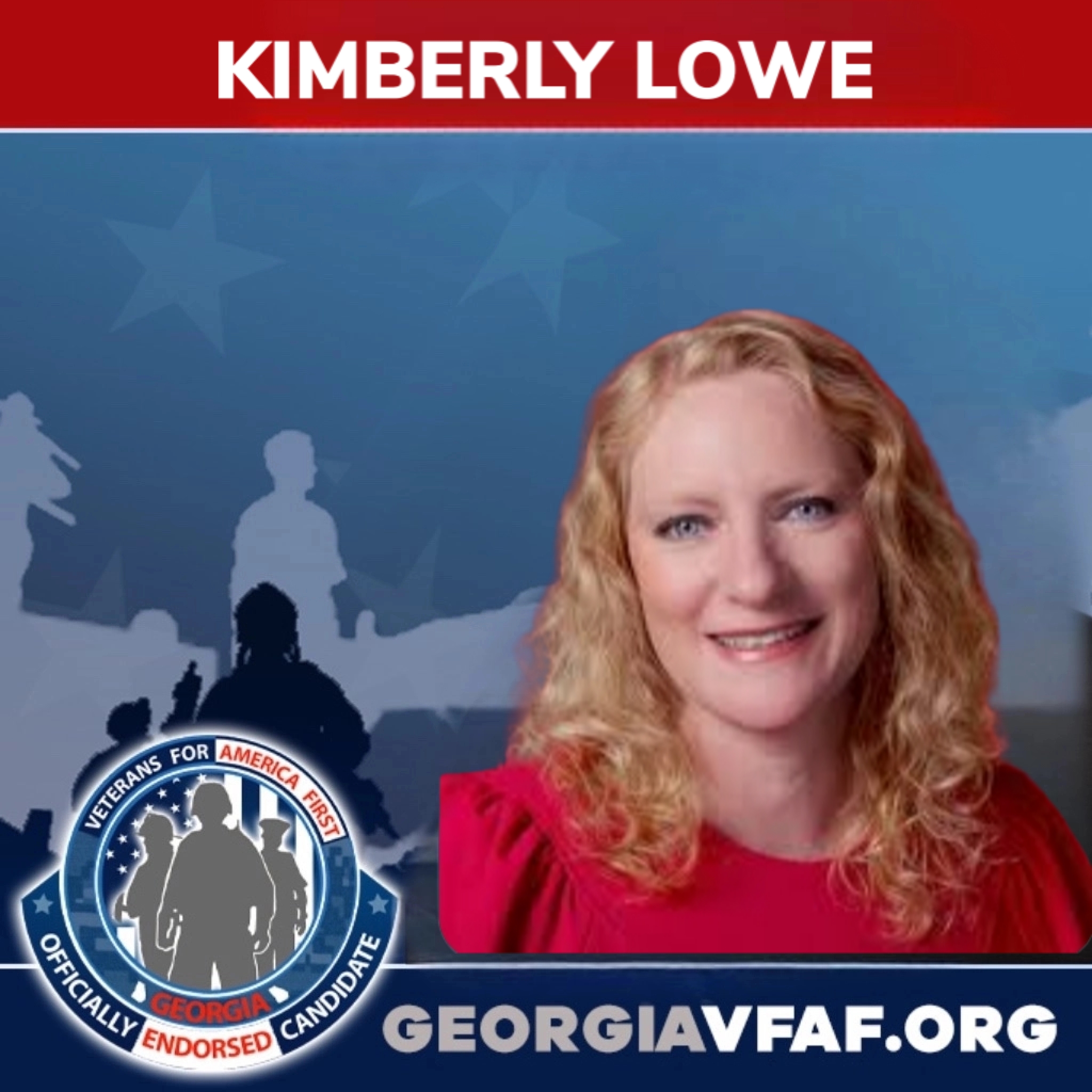9-22-23
37 2022 CA 001601 – CEREZO SWAFFAR, DARLENE vs FLORIDA STATE CANVASSING COMMISSION
Legal Analysis by Attorney Jared Craig VFAF National Ambassador
Darlene Swaffar v. Florida State Canvassing Commission
Leon County, State of Florida Circuit Civil Division
Civil Action 2022-CA-001601
On September 19, 2023, Darlene Swaffar, Candidate for US Congress FL-23, filed her discovery requests in her current Election Integrity Complaint suit against the Florida State Canvassing Commission demanding that they deliver factual responses and documents to her as is customary in all civil actions. Swaffar, who ran for US Congress, filed her action alleging that the election results were not properly collected, processed, and counted. Swaffar conducted several private investigations that discovered inconsistencies and abnormalities in the voter records, voter data, election code, and voting machines. Vulnerabilities of the in the voting machines were also discovered, and Swaffar believes she was denied a fair election.
Now that Swaffar’s civil action is filed, the Discovery Process is a tool that she has to discover all evidence that may be admissible and relevant. The right to demand discovery responses is intentionally broad by design. Although a responding party may have legal objections to certain requests, the scope of discoverable information is that which is relevant and admissible, OR such that information that which upon a reasonable calculation MAY LEAD TO relevant and admissible evidence. In effect, the Discovery Process is a bit of a fishing expedition for any party in a civil action to gather the evidence and hopefully discover the truth of the matters in controversy. Those who have evidence to hide do not like the Discovery Process.
Swaffar is an America First Candidate for US Congress, and was endorsed by Veterans for America First (aka Veterans for Trump) in the 2022 cycle. The America First Movement has been attacked from every political angle, and now Swaffar’s fight is with the judiciary. Swaffar is entitled to receive the Defendants’ responses to her requests within 30 days of making such request or 45 days following personal service on the Defendants, if the requests were simultaneously served with the Complaint. How a party responds to discovery is telling and indicates the opposing party’s legal strategy. A party who hides evidence, makes spurious objections, makes broad privilege or immunity claims or fails to respond in a timely manner offends the requesting party’s rights and generally offends the judge.
With the Discovery Process, the big picture is, “we’ll get the information one way or the other” when the evidence is known to exist. A Defendant who doesn’t comply exposes themselves to both monetary and procedural sanctions. Of course, a judge can hold a party or their attorney in contempt for violating an Order Compelling Discovery, but prior to that, the court can order the Defendant to pay the Plaintiff attorney’s fees or a direct monetary sanction. Additionally, in some cases, a court may strike the pleadings of a non-compliant party. That would expose the non-compliant to a potential default judgment even though they filed a timely answer.
Although the Discovery Process is informal in civil matters and only calls the attention of the Court to resolve disputes, the civil practice act and court rules can have a material and sometimes drastic effect on the litigation. Swaffar is requesting a lot of information that the Defendants do not likely wish to share concerning the 2022 election cycle. Although the Defendants in her case may have been able to hide the evidence from the public and Swaffar so far, the evidence will be discovered now that she has filed suit.
Swaffar is seeking twenty-six (26) specific items that include public records, voting system reports, voting system audit logs, ES&S – Tabulators, EVS, Election Manager Reporting Manager documents, Electionware software, and ES&S Event Log Service Audit Logs. This information will shed light on what actually occurred in Swaffar’s 2022 election, and can potentially expose misconduct in other races in Florida and across this nation. Swaffar’s right to receive these documents does not arise from a Freedom of Information Act nor any State Open Records Procedure; Swaffar’s right to this information arises directly from the Florida Civil Rules of Civil Procedure Rules 1.280, 1.350, 1.380, 1.410. Although the wheels of justice move slowly and may seem lopsided at time, the Discovery Process moves in a constant forward motion in a perpetual direction to an inevitable end. That end is the evidence. That end is the truth.


